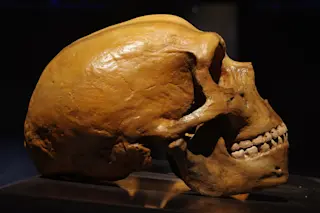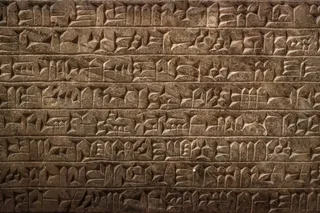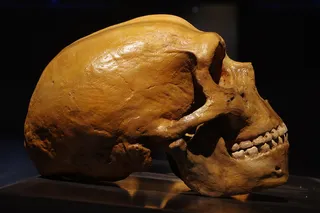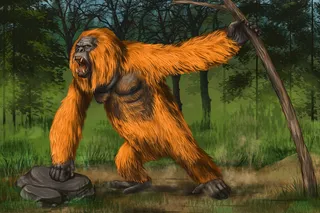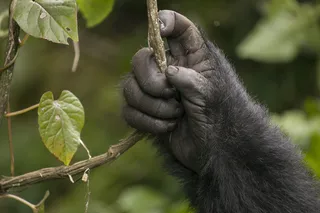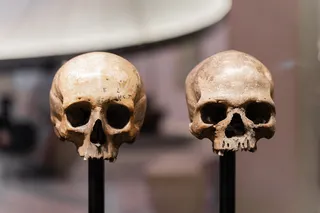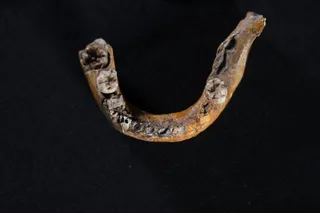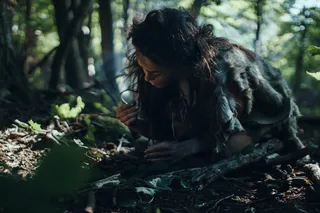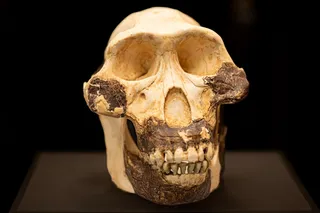At this point, there’s little doubt Neanderthals ate each other, even if the practice doesn't appear to have been widespread. Bones found in Belgium, France, Spain, and Croatia bear the clear signature of cannibalism — riddled with butchery marks and cracked open for marrow extraction, these remains were found strewn about with apparent disregard for proper funerals. But a deeper and more controversial question remains: Why?
As French archaeologists Alban Defleur and Emmanuel Desclaux wrote in the Journal of Archeological Science in 2016, “The quest to understand the causes of Paleolithic cannibalism is almost as old as prehistory itself.” After more than 150 years, experts still clash over whether these practices were nutritional or cultural, a source of caloric nourishment or of ritual significance.
Either way, the answer would have big implications for how we understand the shared hominin lineage that binds us to Neanderthals.
Almost immediately after their discovery ...



